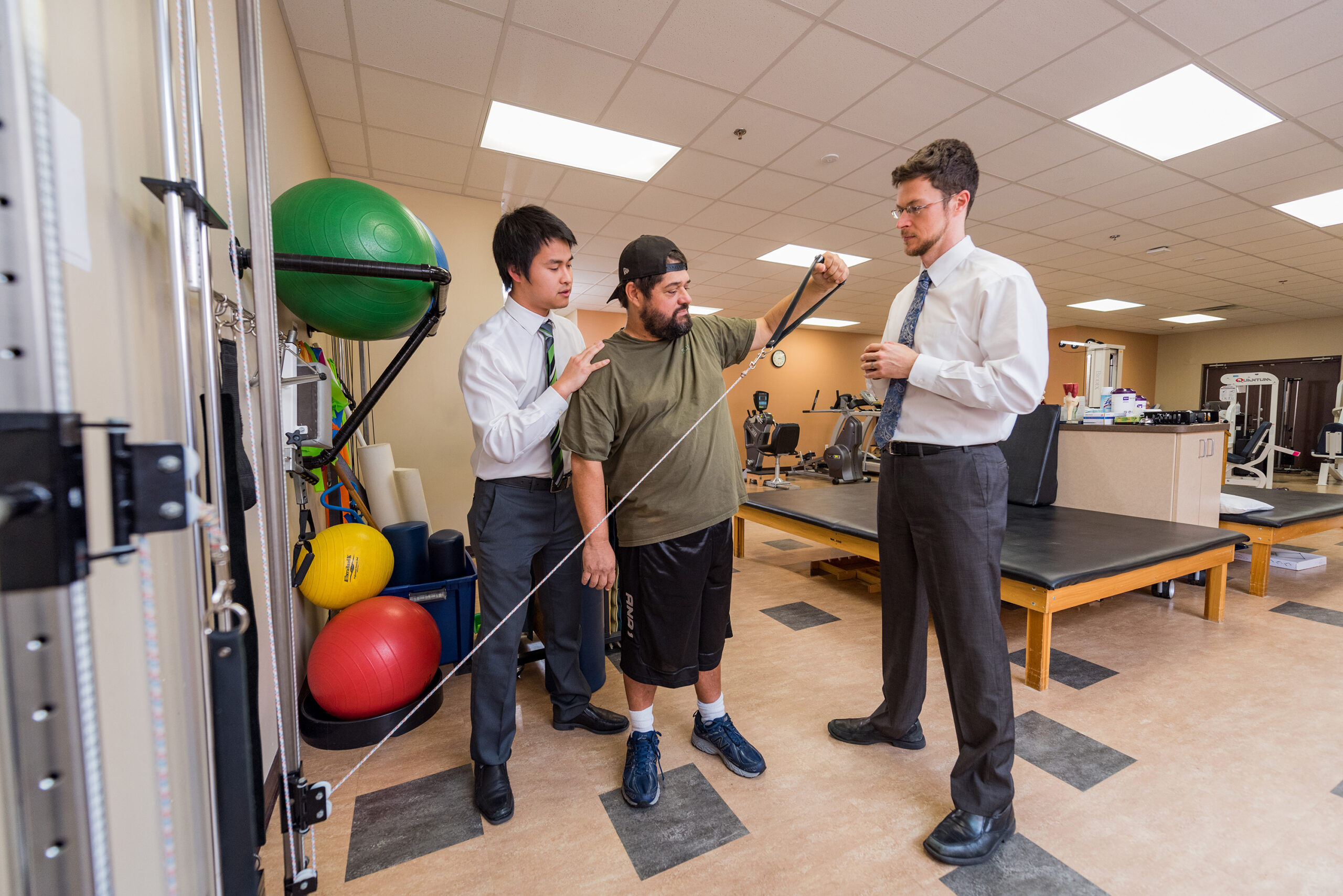Harnessing the Strength of Protein for Efficient Muscular Repair After Injury
Wiki Article
Muscular injuries can be quite common, especially in sportspeople or those who engage in consistent fitness exercise. When a muscle is injured, the body goes through a healing procedure that often requires specific nutrients to aid in recovery. One of the most important components for muscular restoration is protein. Protein perform a essential part in fixing damaged tissues, restoring muscular strands, and promoting overall recovery following an accident. Grasping the significance of proteins can help individuals make better choices for their nutrition during the recovery procedure.
Proteins is composed of tiny components called amino acids, which are essential for various functions in the system. There are 20 various amino compounds, and nine of these are considered essential, meaning the body cannot create them on its own. These essential amino acids must be acquired through dietary intake. Foods high in proteins, such as animal products, seafood, ovum, dairy products, legumes, and legumes, provide the necessary building blocks for muscle repair. Eating these high-protein foods after an incident can improve the system's natural healing procedure.

In addition to helping repair muscle tissues, protein supports the defense mechanism and reduces inflammation. After an injury, the body works hard to heal itself, which can lead to inflammation in the affected area. Protein helps to control this inflammation, allowing for a more effective healing. Moreover, sufficient proteins consumption can stop muscular loss that often occurs during periods of non-activity or reduced movement after an injury. Maintaining muscle tissue is essential for regaining strength and capability once recovery starts.
Schedule and amount of proteins intake are also crucial factors in muscular healing. Professionals suggest eating proteins in regular intervals throughout the day, particularly during a few timeframes after an incident. This timing ensures that the body has a steady source of amino compounds available for repair. The common guideline for protein intake varies, but many recommend that important site individuals healing from an accident should target for about 1.6 to 2.2 grams of protein per kilogram of body weight per day. Incorporating a variety of protein types can also guarantee that individuals obtain a full range of amino acids for optimal recovery.
In summary, proteins is a crucial component for anyone healing from a muscular injury. By understanding its role in muscular restoration, individuals can create knowledgeable dietary decisions that assist their recovery process. Eating a balanced nutrition full in go high-quality protein, timing meals strategically, and guaranteeing sufficient consumption can remarkably influence healing results. With proper nutrition and attention, individuals can come back to their normal routines more robust and even more durable.